Home / editorials / Common Man’s Revenge': Editorial Analysis on AAP’s Defeat in Delhi
Common Man’s Revenge': Editorial Analysis on AAP’s Defeat in Delhi
By: My India Times
3 minutes read 50Updated At: 2025-02-10
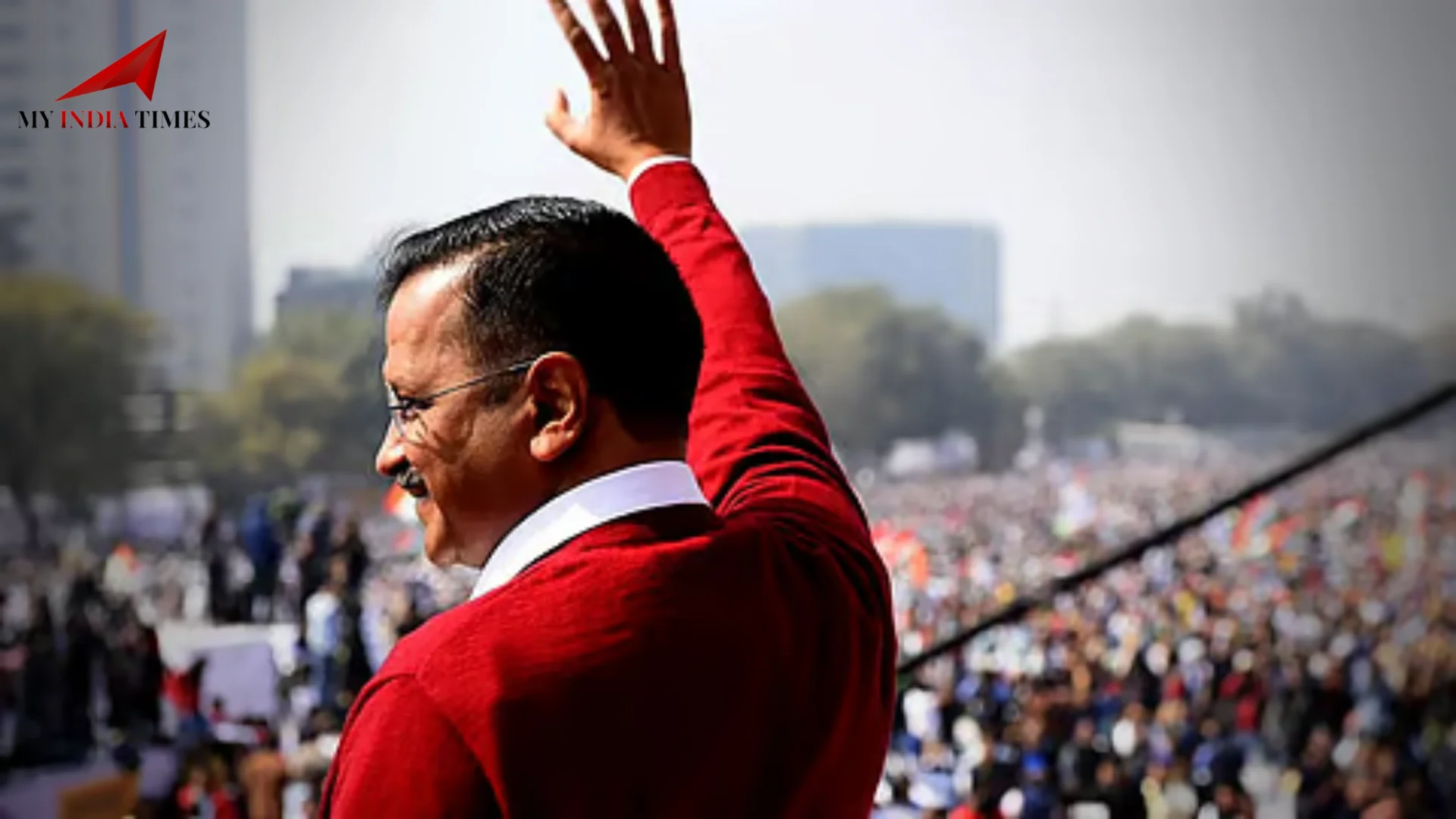
Shiv Sena (UBT)’s mouthpiece ‘Saamana’ sharply criticized Congress, stating that the party was responsible for AAP’s defeat in 14 Delhi seats. According to the editorial, Congress merely acted as a vote-cutter, which directly benefited the BJP. This is the same Congress that was marginalized in the 2015 and 2020 elections but played a crucial role in AAP’s defeat this time. The big question remains—what did Congress gain from this strategy?
AAP’s Strategy Failed, Public’s Revenge?
An editorial in Navbharat Times emphasized that AAP initially claimed to be the voice of the ‘common man,’ but in recent years, its image has taken a severe hit. Allegations of corruption against Arvind Kejriwal and the arrests of his party leaders sent a negative message to the public. This provided BJP with a strong campaign issue, which it effectively utilized.
According to the editorial, voters felt that AAP had deviated from its promise of alternative politics, and many saw this defeat as a punishment. As a result, the electorate shifted towards the BJP.
Did 'Modi Wave' Make It Difficult for AAP?
Some analysts contend that Prime Minister Narendra Modi's popularity played a significant role in shaping the election results. The BJP's campaign strategy prioritized national achievements over local concerns.
Editorials suggest that despite lacking a chief ministerial face in Delhi, BJP still managed to gain public support. This indicates that Modi’s leadership remains a decisive factor. AAP tried to leverage its traditional ‘free electricity and water’ agenda, but this time, the voters rejected it.
AAP’s Internal Conflicts Weakened Its Position
One of the major setbacks for AAP was the internal turmoil within the party. Reports suggest that infighting among senior leaders led to weak coordination during the election campaign. This disunity was evident in their candidate selection, which lacked strategic depth compared to BJP’s well-organized approach.
Political analysts contend that the Aam Aadmi Party's failure to present a cohesive front conveyed an unfavorable impression to the electorate. Consequently, the party faced challenges in establishing itself as a stable and dependable alternative to the Bharatiya Janata Party in Delhi.
Public Perception of Corruption Hurt AAP
The corruption allegations against AAP leaders, particularly Arvind Kejriwal, played a crucial role in their defeat. While AAP initially gained public trust with its anti-corruption stance, recent scandals and arrests eroded its credibility.
Editorials note that BJP capitalized on this issue by continuously highlighting corruption within AAP. This narrative resonated with voters, who opted for BJP instead, believing it to be a more transparent and accountable government.
Role of Congress: A Strategic Move or Political Misstep?
Congress’s role in the Delhi elections remains a topic of debate. While some argue that Congress deliberately weakened AAP to prevent it from becoming a dominant opposition force, others believe it was a strategic blunder.
According to political observers, Congress’s decision to contest independently led to vote division, ultimately benefiting BJP. The party’s failure to strike an alliance with AAP raises questions about its long-term strategy and positioning in Delhi’s political landscape.
Did BJP’s Hindutva Narrative Influence Voters?
Another factor that possibly contributed to AAP’s defeat was BJP’s emphasis on Hindutva. By focusing on nationalistic sentiments and religious identity, BJP managed to consolidate a significant voter base.
Editorials highlight that BJP’s messaging resonated with a section of Delhi’s population, who prioritized national security and cultural identity over local governance issues. AAP’s inability to counter this narrative effectively led to its electoral downfall.
....Shiv Sena (UBT)’s mouthpiece ‘Saamana’ sharply criticized Congress, stating that the party was responsible for AAP’s defeat in 14 Delhi seats. According to the editorial, Congress merely acted as a vote-cutter, which directly benefited the BJP. This is the same Congress that was marginalized in the 2015 and 2020 elections but played a crucial role in AAP’s defeat this time. The big question remains—what did Congress gain from this strategy?
AAP’s Strategy Failed, Public’s Revenge?
An editorial in Navbharat Times emphasized that AAP initially claimed to be the voice of the ‘common man,’ but in recent years, its image has taken a severe hit. Allegations of corruption against Arvind Kejriwal and the arrests of his party leaders sent a negative message to the public. This provided BJP with a strong campaign issue, which it effectively utilized.
According to the editorial, voters felt that AAP had deviated from its promise of alternative politics, and many saw this defeat as a punishment. As a result, the electorate shifted towards the BJP.
Did 'Modi Wave' Make It Difficult for AAP?
Some analysts contend that Prime Minister Narendra Modi's popularity played a significant role in shaping the election results. The BJP's campaign strategy prioritized national achievements over local concerns.
Editorials suggest that despite lacking a chief ministerial face in Delhi, BJP still managed to gain public support. This indicates that Modi’s leadership remains a decisive factor. AAP tried to leverage its traditional ‘free electricity and water’ agenda, but this time, the voters rejected it.
AAP’s Internal Conflicts Weakened Its Position
One of the major setbacks for AAP was the internal turmoil within the party. Reports suggest that infighting among senior leaders led to weak coordination during the election campaign. This disunity was evident in their candidate selection, which lacked strategic depth compared to BJP’s well-organized approach.
Political analysts contend that the Aam Aadmi Party's failure to present a cohesive front conveyed an unfavorable impression to the electorate. Consequently, the party faced challenges in establishing itself as a stable and dependable alternative to the Bharatiya Janata Party in Delhi.
Public Perception of Corruption Hurt AAP
The corruption allegations against AAP leaders, particularly Arvind Kejriwal, played a crucial role in their defeat. While AAP initially gained public trust with its anti-corruption stance, recent scandals and arrests eroded its credibility.
Editorials note that BJP capitalized on this issue by continuously highlighting corruption within AAP. This narrative resonated with voters, who opted for BJP instead, believing it to be a more transparent and accountable government.
Role of Congress: A Strategic Move or Political Misstep?
Congress’s role in the Delhi elections remains a topic of debate. While some argue that Congress deliberately weakened AAP to prevent it from becoming a dominant opposition force, others believe it was a strategic blunder.
According to political observers, Congress’s decision to contest independently led to vote division, ultimately benefiting BJP. The party’s failure to strike an alliance with AAP raises questions about its long-term strategy and positioning in Delhi’s political landscape.
Did BJP’s Hindutva Narrative Influence Voters?
Another factor that possibly contributed to AAP’s defeat was BJP’s emphasis on Hindutva. By focusing on nationalistic sentiments and religious identity, BJP managed to consolidate a significant voter base.
Editorials highlight that BJP’s messaging resonated with a section of Delhi’s population, who prioritized national security and cultural identity over local governance issues. AAP’s inability to counter this narrative effectively led to its electoral downfall.
By: My India Times
Updated At: 2025-02-10
Tags: editorials News | My India Times News | Trending News | Travel News
Join our WhatsApp Channel




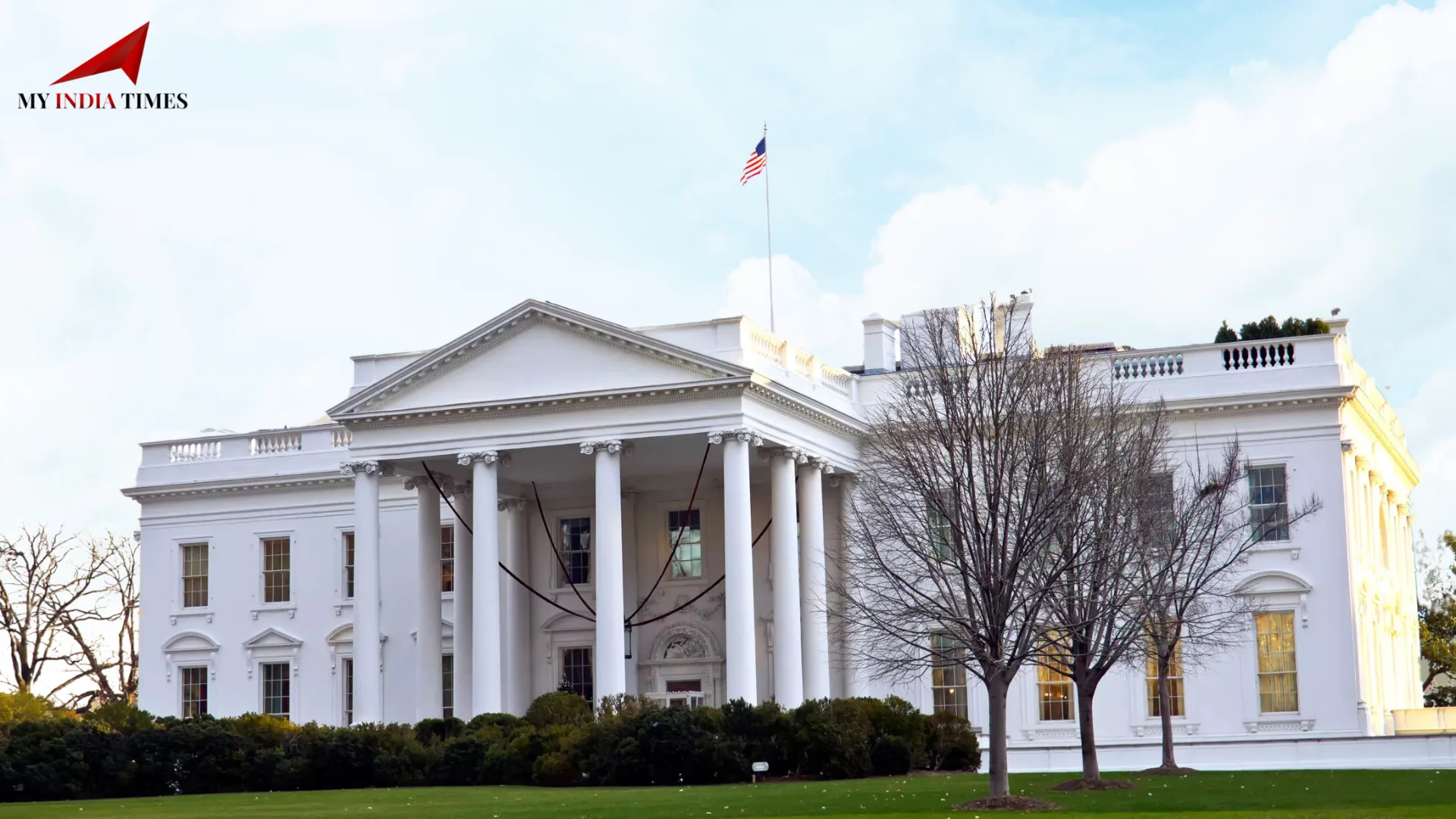

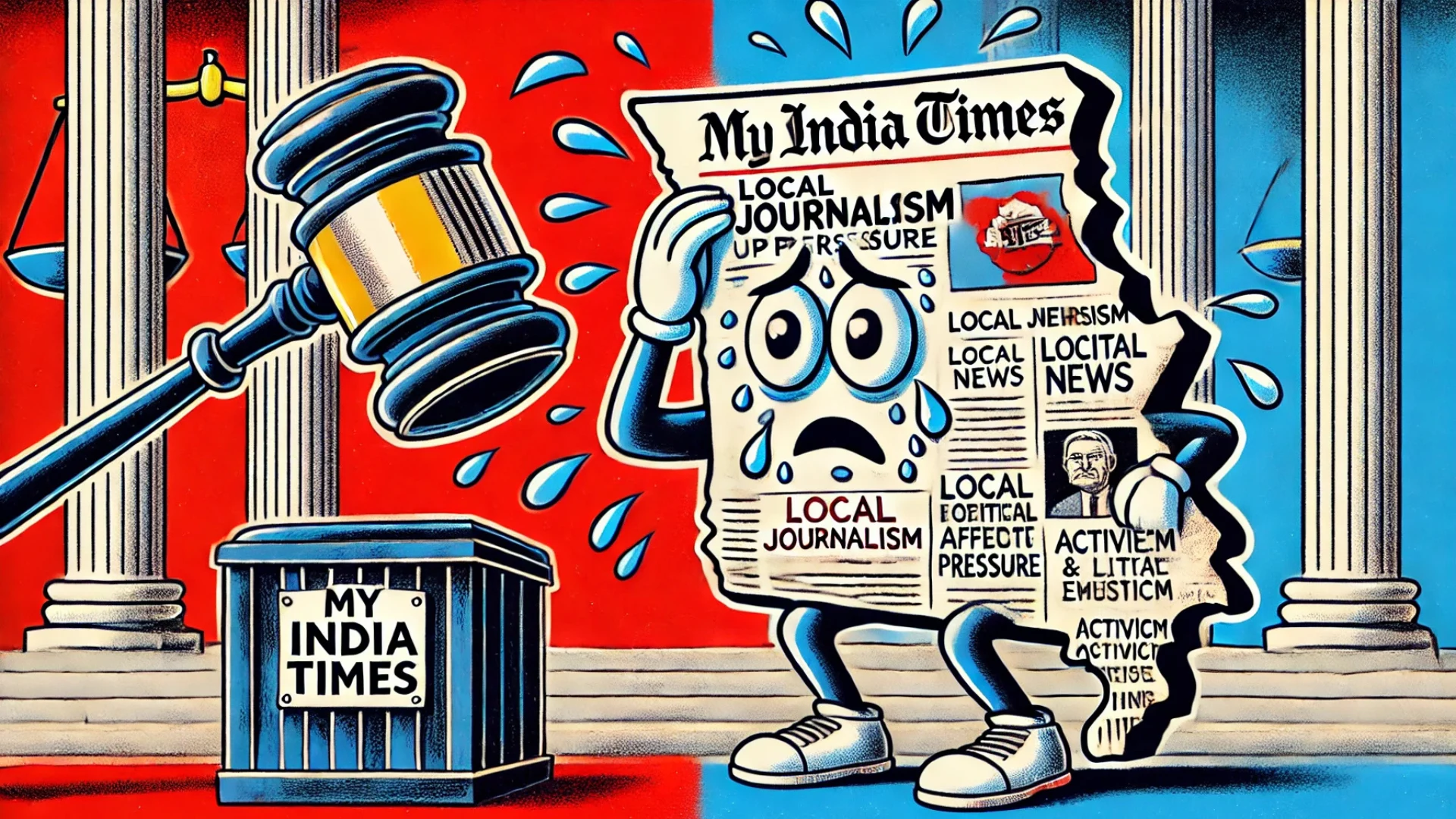

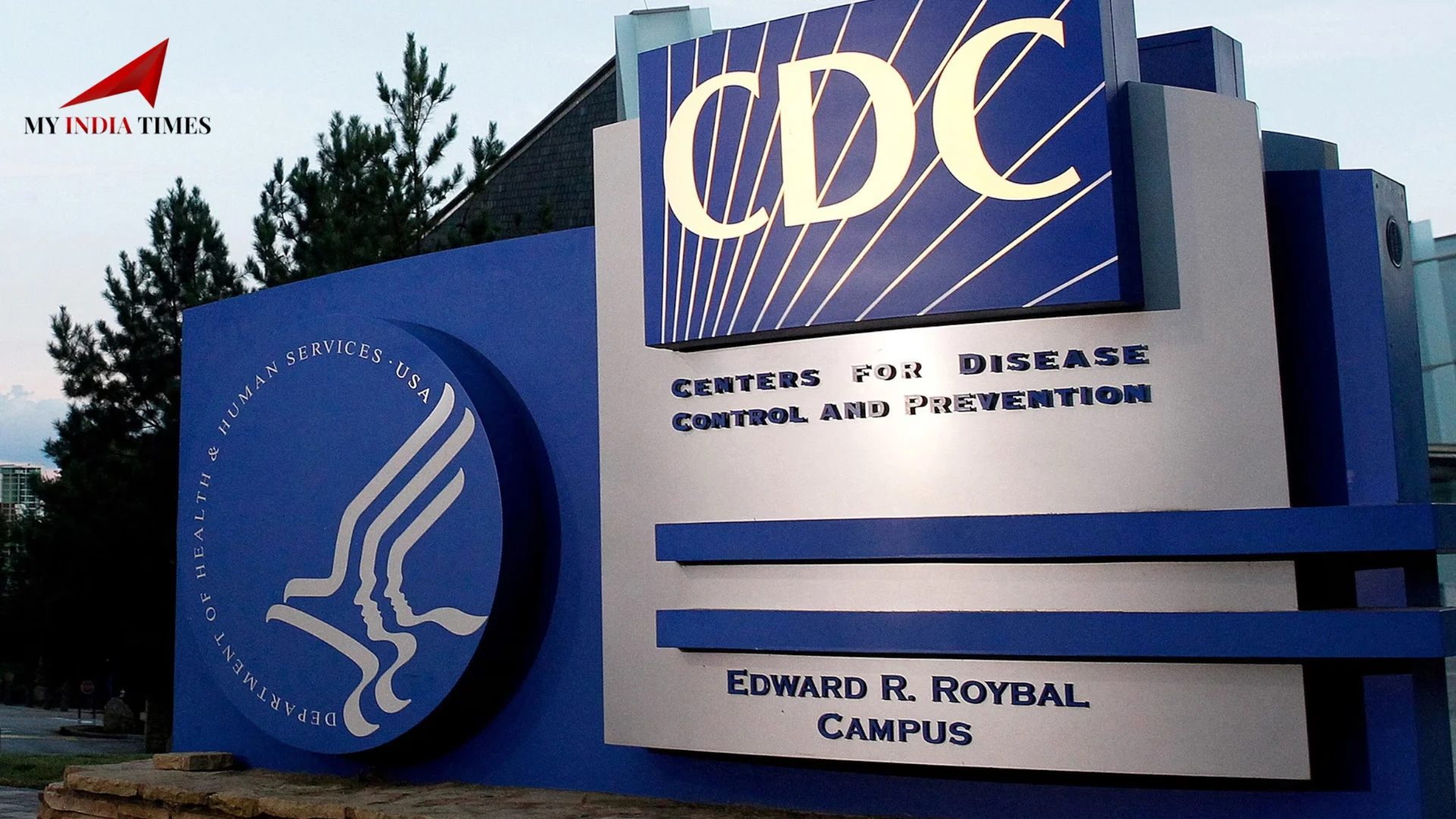
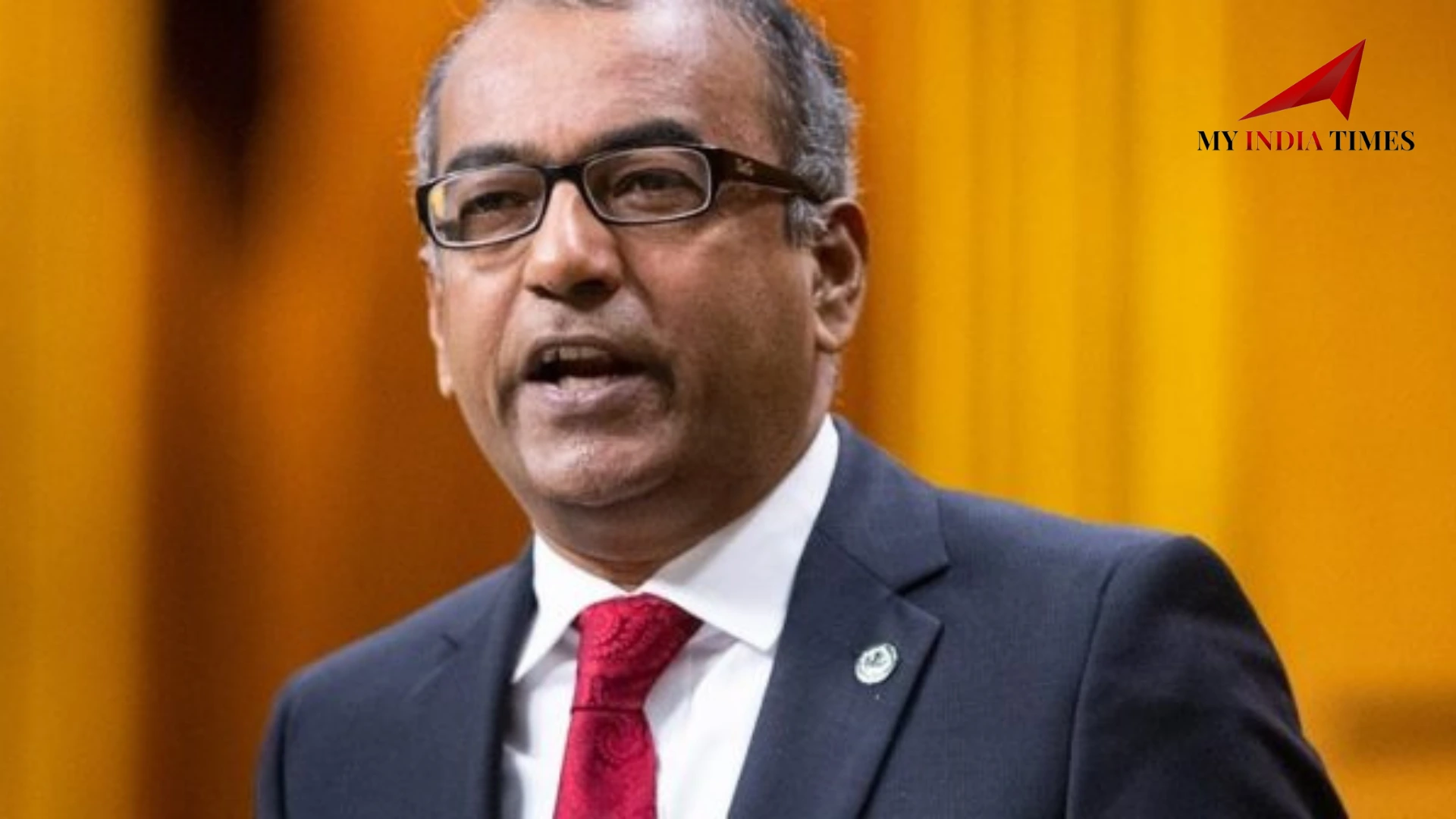
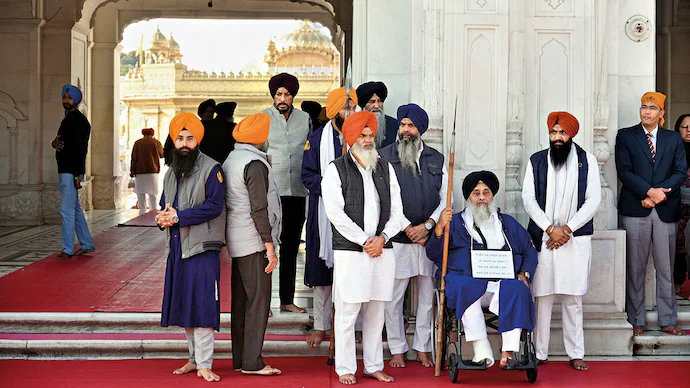





























































































.png)
 (1).png)























